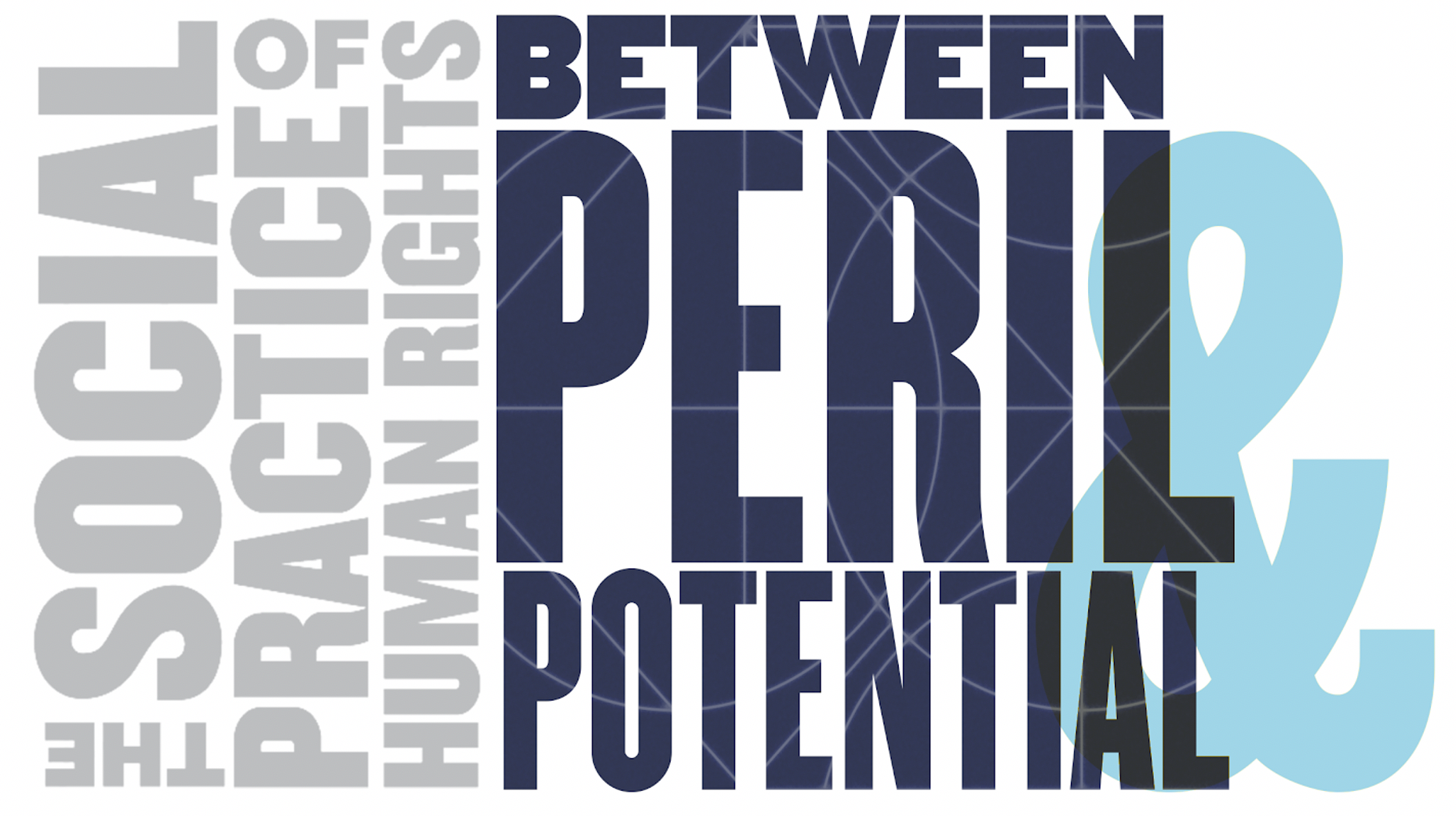Lost in Transformation: The Human Rights We Lost during the New State-Centric Order
Location
Presented remotely
Start Date
12-3-2021 8:30 AM
End Date
12-3-2021 10:00 AM
Keywords
Human Rights, States, COVID-19, Immigrants, Narratives
Abstract
This article proposes thinking through a human rights´ perspective on the rights that we lost with the decision of staying home to stop the corona virus from spreading. This decision, to stay home, was mostly imposed by States throughout the world. By saving lives with the restrictions imposed by States, some individuals have lost human rights such right to asylum, right to family reunification and even the right to pursue a project of life with a next to kind. Resembling times of war and conflict, the pandemic has conjectured a new model of life for human beings and this article does not propose to criticize the strict and necessary measures imposed by States to contain the spread of the COVID-19. Notwithstanding, beyond the widespread idea of “stay home and save lives”, there are several minorities groups that did not benefit from the material means of obeying the new norms imposed by States. This article explores an anthropological view of individuals – especially migrants – from different countries in the world, to expose the new struggles and human rights´ violations that these individuals suffered during the pandemic crises in 2019. By using narratives, it links together individual human rights´ violations in different contexts with the restrictions that several states imposed to its citizens and immigrants. This empirical analysis is assembled with the theoretical inputs that a new state-centric order has merged due to the severe restriction imposed by states, which should be pushing scholars to investigate these new phenomena rather than forgetting about IR theories.
Author/Speaker Biographical Statement(s)
Caroline de Lima e Silva is a Postdoctoral fellow at the Lichtenberg-Kolleg - The Göttingen Institute for Advanced Study (Georg-August-Universität), since October 2019. She has a PhD in Law, University of Copenhagen (iCourts) and a PhD in Political Science, Northwestern University. During her doctoral studies, she was awarded several different scholarships such as CAPES (Ministry of Education in Brazil), The Danish National Research Foundation Grant, several scholarships for fieldwork from Northwestern University (EDGS, LACS and Buffett Institute for Global Studies) and The Sasakawa Fellowship. She is currently working on a book project entitled “Gatekeepers of the Realm” based on her PhD dissertation (“The Relationship between domestic high courts in Latin America and the Inter-American Court of Human Rights”). The project is both an empirical and theoretical contribution to the literature, including both citation and content analysis within the database of the Constitutional Courts and qualitative interviews with the main actors working at these institutions, such as judges and clerks. She also holds an LL.M from Kings College University of London and an LL.B from Pontificia Universidade Católica de São Paulo. She is a lawyer registered at the Bar Association in São Paulo, Brazil.
Lost in Transformation: The Human Rights We Lost during the New State-Centric Order
Presented remotely
This article proposes thinking through a human rights´ perspective on the rights that we lost with the decision of staying home to stop the corona virus from spreading. This decision, to stay home, was mostly imposed by States throughout the world. By saving lives with the restrictions imposed by States, some individuals have lost human rights such right to asylum, right to family reunification and even the right to pursue a project of life with a next to kind. Resembling times of war and conflict, the pandemic has conjectured a new model of life for human beings and this article does not propose to criticize the strict and necessary measures imposed by States to contain the spread of the COVID-19. Notwithstanding, beyond the widespread idea of “stay home and save lives”, there are several minorities groups that did not benefit from the material means of obeying the new norms imposed by States. This article explores an anthropological view of individuals – especially migrants – from different countries in the world, to expose the new struggles and human rights´ violations that these individuals suffered during the pandemic crises in 2019. By using narratives, it links together individual human rights´ violations in different contexts with the restrictions that several states imposed to its citizens and immigrants. This empirical analysis is assembled with the theoretical inputs that a new state-centric order has merged due to the severe restriction imposed by states, which should be pushing scholars to investigate these new phenomena rather than forgetting about IR theories.



